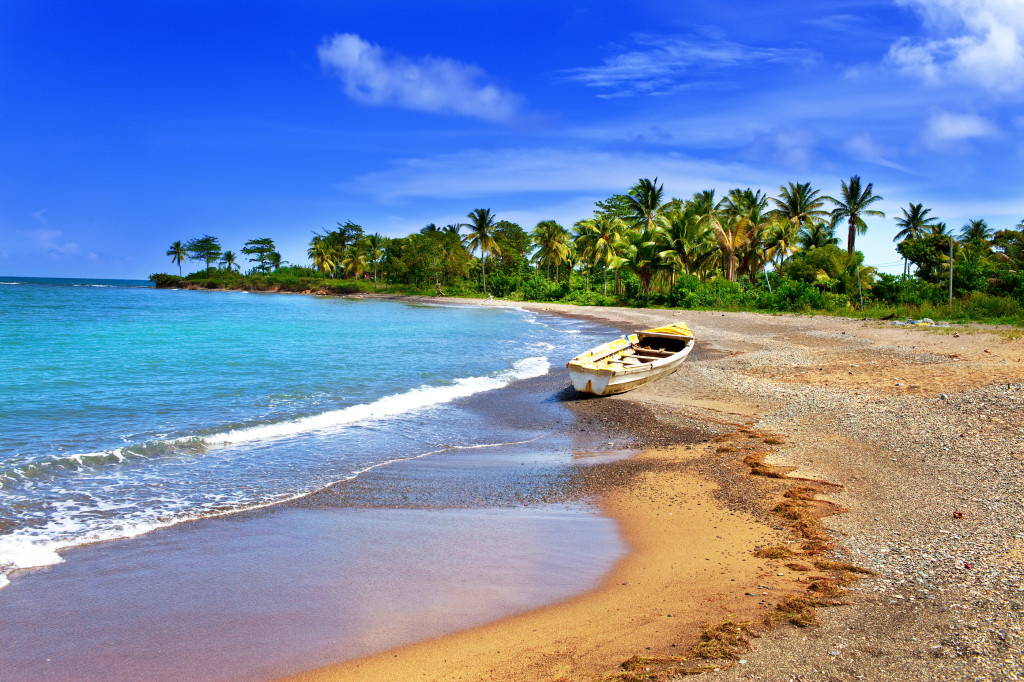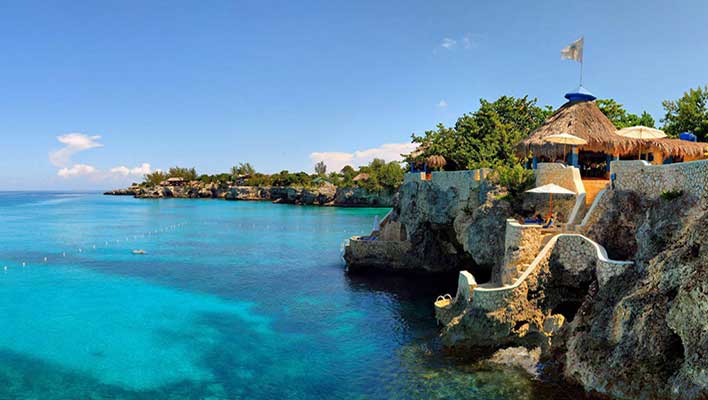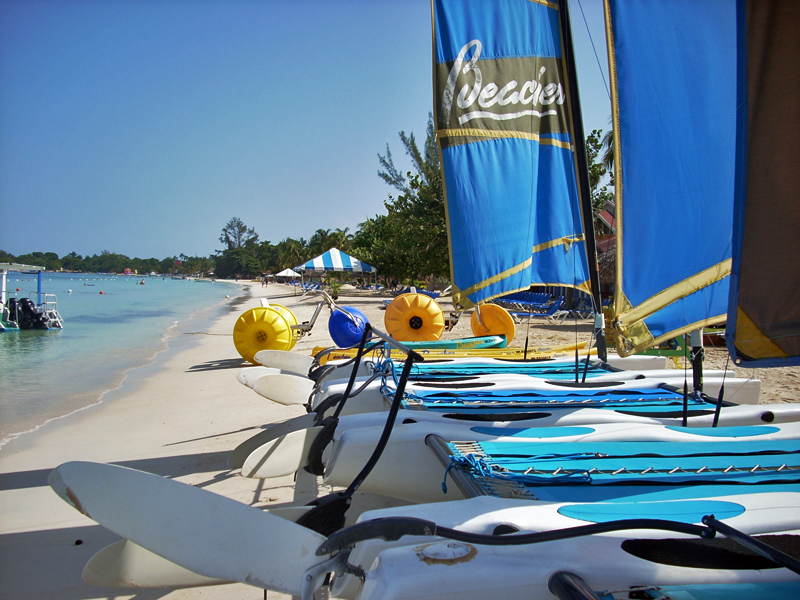Scuba Diving Classes For Beginners
Scuba diving is a great water activity but it is a complex and technical sport as well. You really can’t learn everything about scuba diving by merely attending a quick class. Scuba diving has inherent risks and dangers, which is why it requires certain specialized classes, training and certification before one is able to freely dive in open waters. However, the rewards of being granted a diver’s certification is way beyond satisfying as you start to explore and dive in some of the world’s best diving locations.
Scuba diving classes for beginners usually consists of both lectures and practical application of the theories taught. It teaches first time scuba divers the importance of knowing what to do in cases of emergencies such as equipment failure or certain situations underwater that a diver may encounter. I’ve had my mask kicked off at 90+ feet before, both primary and backup respirators fail on a night dive at 65 feet and even been stung by a jellyfish. It’s critical to know how to handle situations like that before you actually experience them to prevent panic. During those situations on both of those dives I was at advanced depths and couldn’t just rush to the surface. I needed to perform safety stops on the way up to equalize my gas levels. If you look at it one way, I was going to be in a problem with either option I had to choose from. On the other hand, I had trained for these types of situations and had to simply go back to my training.
Training was key and it needs to become second nature in what you do when things get problematic like that. I was prepared and luckily, for both situations I had myself under control and dealt with the crisis with a calm head. Scuba diving classes for beginners also equip first timers with theory and knowledge of the physical and biological effects on the body when diving, as well as the dangers. Scuba diving takes a certain level of mental preparedness. It’s a whole different world when you are underwater and breathing from a tank of compressed air. Some people actually have panic attacks and forget how to breath. Weird things happen and can if you’re not mentally prepared for the underwater world. Due to that, in addition to basic scuba diving skills and lessons, proper breathing techniques, buoyancy control, understanding dive tables and other important skills are also taught.
Familiarizing the divers with the scuba equipment they will be using is an important part of the scuba diving class, as well as the Open Water class, which is the first step towards getting scuba dive certified. Normally after some class sessions and some pool sessions, you will be taking the open water skill test with their instructors. At the end of the scuba diving class, upon the discretion of the instructor, a diver will be rewarded and certified to dive in open water of up to sixty feet deep.
If it’s the first time you’ll be trying out scuba diving then there are certain things you need to consider before taking your first scuba diving class; one should have a firm conception of the five W’s of scuba diving – who, what, where, when, and why.
Who can dive? Just about anyone who wants to become a diver. The sport presents equal chances for men, women, and children, regardless of race, color, origin, handicap, or family status.
There are certain age limitations though in taking scuba diving class for beginners; those fifteen years and older can become an Open Water Diver, while children aged between ten and fifteen can get a Junior Open Water Diver certification, they can upgrade to regular Open Water Diver certification upon reaching the age of fifteen. There are also classes for younger kids that will prepare them for future diver’s certification.
Fitness is very essential too, as generally anyone in good physical health who meets the age requirement can partake in a scuba diving class for beginners. As a safety measure though, a routine medical questionnaire is completed and if anything in the questionnaire identifies certain risky conditions, then one is advised to get a medical checkup to prove that they are acceptable to dive.
What do divers do? We explore the underwater world and its lavish marine life, which of course can be a very uplifting and thrilling experience. Scuba diving can be categorized into four groups namely, recreational, commercial, military, and scientific scuba diving. Each group does have their own specialty categories.
Where do divers dive? Where divers dive is the most exciting part of all, wherever there’s great waters, whether the oceans, seas, waterways, rivers, quarries, mines, canals, springs, abandoned oilrigs, or old missile silos, one can always indulge themselves.
When is the best time for diving? Scuba diving is a year round sport, any time of the year is always a good time to dive, even fall or winter does not mean one can’t dive; some divers even categorize themselves as cold water and ice divers, although of course they’ve taken special scuba diving class for those types of conditions.
And lastly, why scuba dive? There is no simple answer to this question, as each person has their own personal reasons, which of course often includes, love of the waters, appreciation for the beauty underneath, and an interest in marine life. For me, there’s just a weird magnetic pull in my body towards the ocean. Always has been. I love it.
So, if you’re ready to take on scuba diving, get yourself started and take the first step through a scuba diving class for beginners and get yourself scuba certified. There’s a whole lot of water out there, just waiting to be explored.
 The Insiders Guide to Scuba Diving in Jamaica
The Insiders Guide to Scuba Diving in Jamaica



